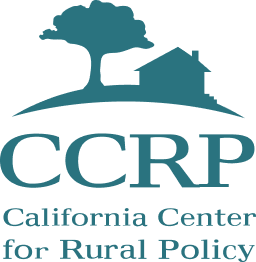Lake County Healthcare Education and Regional Training Hub (HEART Hub)
The Lake County Healthcare Education and Regional Training Hub (HEART Hub) will enhance healthcare education through three initiatives: the SPARK Program introducing 4,500-6,000 elementary/middle school students to healthcare careers annually, Healthcare Workforce Development providing certifications and training for high school students and adults, and Community Outreach offering health literacy and safety training. This comprehensive approach addresses workforce shortages while promoting community wellness and health equity in Lake County.
Lake County HEART Hub at a Glance
Project Lead: Lake County Economic Development Corporation
Collaborators: Adventist Health, Hospital Council of Northern and Central California, Lake County Economic Development Corporation, Lake County Government, Lake County Office of Education, Lake County School Districts and CTE Programs: Konocti Unified School District, Lakeport Unified School District, Upper Lake Unified School District, Kelseyville, Unified School District, Lake County Tribal Health Consortium, Mendocino Lake Adult & Career Education (MLACE), Mendocino-Lake Community College District, Mendocino Office of Education, Motherwise, Partnership Healthplan of California, Redwood Coast K16 Educational Collaborative, Sonoma State University, Sutter Health, Workforce Alliance of the North Bay, and Woodland Community College.
Transforming Regional Healthcare Education
The Lake County Healthcare Education Innovation and Simulation Center is dedicated to enhancing healthcare education and workforce development in Lake County. The center will offer advanced simulation facilities, work-based learning, and community health programs, focusing on three key areas: the SPARK Program for young students, Healthcare Workforce Development, and Community Outreach.
SPARK Program: Cultivating Early Interest
The SPARK Program (Students Promoting Awareness of Real-World Knowledge) introduces students in grades 4-8 to healthcare careers through hands-on experiences aligned with California's Science Standards. Serving 4,500–6,000 students annually, it includes interactive simulations, guided tours, and mentorship from healthcare professionals and high school ambassadors, fostering interest in healthcare careers and ensuring equitable access.
Healthcare Career Development Pathway
This pathway provides comprehensive training for high school students and adults, emphasizing skill-building and certification. Programs include Certified Nursing Assistant (CNA) and Medical Assistant (MA) training for adults, as well as high school pathways like EMT and Patient Care certifications. Professional development ensures current practitioners stay updated with industry advancements, addressing workforce demands by expanding skill development.
Community Health Engagement
The Community Outreach Program enhances health literacy and life-saving skills for residents with culturally relevant programming. It offers health and safety training, including CPR and parenting classes, and provides collaboration space for industry partners, public seminars, and community health resources. The program improves public health knowledge and preparedness, advancing community-led solutions for childcare and health equity.

